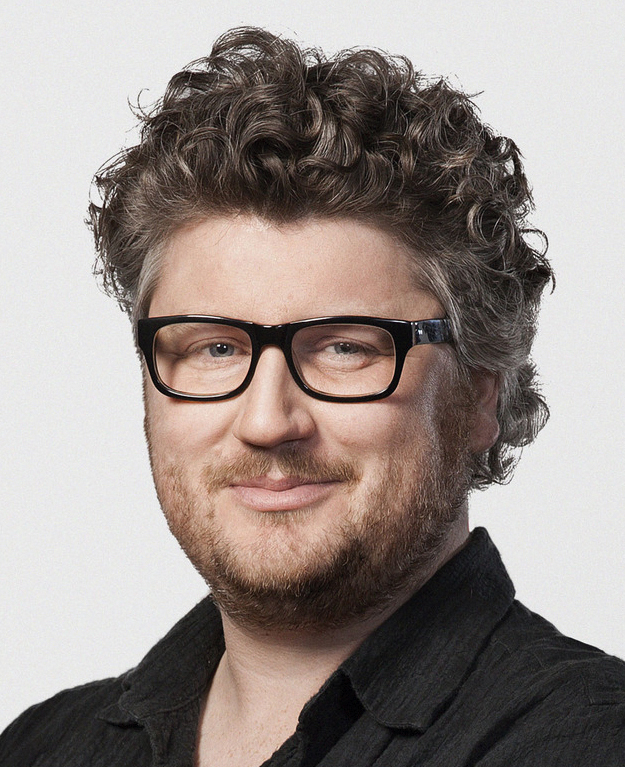Can music change our lives?
It’s the only question about music that really matters, even if it draws wildly different answers: can music change our lives? Yes, it can! It brings everything from social cohesion to harmony between nations; it improves maths scores, adds billions to the economy, and inspires our souls, spirits and intellects. Or… no it can’t! It’s auditory cheesecake of no evolutionary importance; it’s gloriously, aesthetically and emotionally powerful, but ultimately pointless, nothing more than an – admittedly engrossing – form of distraction.
Music and the planet... flighting climate change and deforestation
But what if there was even more at stake: what if music could transform our relationship with the earth that sustains us? For composer Gabriella Smith, who also works as a climate restorer in her native California, a piece like her organ concerto, Breathing Forests, which had its British premiere at the BBC Proms this summer, isn’t just a metaphorical vision of the life-cycles of forests turned into musical form. For Smith, her music is a call to action.
The shape of Breathing Forests, in which a forest grows, breathes and burns, is, she says, ‘a reflection on the complex relationship between humans, forests, climate change and fire’. Fire isn’t only the devastating, climate change-induced infernos of recent years; it’s also a vital, life-giving force of forest regeneration. The concerto ended with a breathtaking sound of hopefulness at the Proms, a gigantic, blazing radiance of major-key resolution; the forest of the orchestra and organ, and the physicality of the Royal Albert Hall, renewed.
A connection with the planet... forged through music
The power of that moment, and the extremes of texture, volume and dissonance of organist James McVinnie’s performance with the BBC Symphony Orchestra were unforgettable. So what do we do with those memories and feelings, with that sense of connection to such powerful musical forces? They could become souvenirs of just another wonderful night at the Proms; they could open up journeys of exploration to hear more of Smith’s music; they could introduce you to repertoires of organ-inspired adventure that McVinnie has pioneered.
But their power could go deeper. Maybe the sense of becoming part of these Breathing Forests of sound makes you think about the literal forests and elements of the earth that the instruments of the orchestra are made from. Perhaps you reflect on what that sense of being taken over by this music means: that it’s a revelation of our mutual interdependence, with each other as human beings and with every other species on earth, along with the planet’s climate and its geology.
That means we have a responsibility to look after every aspect of the world’s biomes, whether ecological or musical. Maybe, just maybe, that’s how a piece of music could start to change the world – one consciousness at a time.





